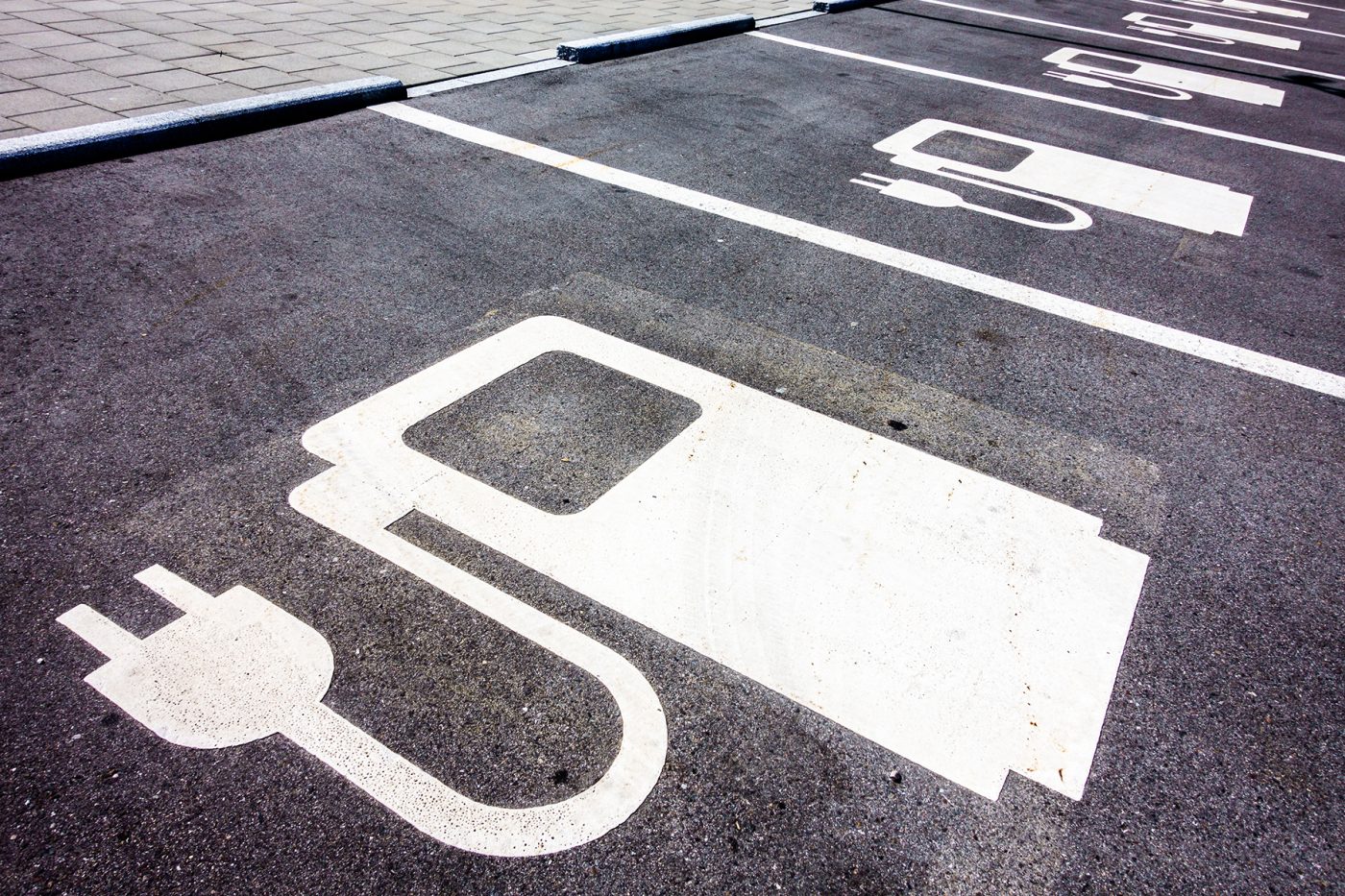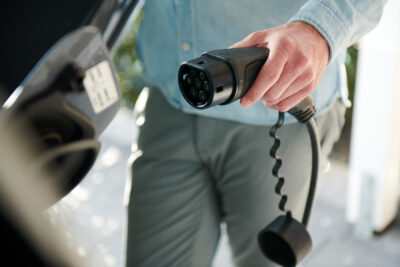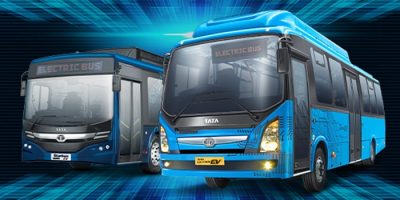Legal dispute over German motorway charger Autobahn GmbH has an advantage over Fastned
The Advocate General of the European Court of Justice (ECJ), Manuel Campos Sánchez-Bordona, has presented his opinion in the legal dispute over the installation of fast chargers at managed motorway service areas in Germany. In his opinion, he presents a series of arguments based on economic law, culminating in the statement that he does not believe that the thesis of Fastned and the EU Commission “is correct on the merits.” In other words, he believes that Autobahn GmbH is right. The Autobahn GmbH des Bundes is a German limited liability company under the responsibility of the Federal Ministry for Digital and Transport, which was founded on 13 September 2018. It took over the planning, construction, operation, maintenance, financing and asset management of the motorways in Germany at the beginning of 2021.
What is at stake? Put simply, Fastned does not want to put up with the fact that Autobahn GmbH awards contracts for the operation of fast chargers at motorway service areas without a tender. For its part, Autobahn GmbH is relying on existing concession agreements that established Tank & Rast’s current quasi-monopoly in the 1990s. The dispute has been before the Düsseldorf Higher Regional Court since 2022. The plaintiffs: Tesla and Fastned. However, the now published Opinion shows that Tesla withdrew from the national legal proceedings on 5 July 2024 and therefore did not appear at the hearing scheduled for 9 July like all other parties involved.
Will the judges follow the Advocate General’s advice?
The case is now being dealt with by the ECJ, as the Düsseldorf Higher Regional Court needs a preliminary ruling from Luxembourg for its own judgment. In the summer of 2023, the Düsseldorf court referred certain questions regarding the admissibility of amendments to existing concession agreements to the European Court of Justice for clarification. Since then, those responsible there have collected written statements from Fastned, Tesla, Autobahn GmbH, the German government and the European Commission and arranged for the aforementioned oral hearing (already without Tesla) a year later. With the now-published Opinion of ECJ Advocate General Manuel Campos Sánchez-Bordona, the next legal stage has now been reached. It remains to be seen whether the ECJ judges will agree with the Advocate General’s opinion. However, this is often the case.
The ruling from Luxembourg is expected this autumn. The Düsseldorf Higher Regional Court, where the underlying proceedings are being heard, must then issue a judgement based on the ECJ ruling. This is not expected before spring 2025.
The background to the complex legal dispute is that more than 90 per cent of motorway service areas in Germany are operated by the concessionaire Tank & Rast. The contracts date back to the privatisation of the service stations in 1998. The focus of the legal dispute is a contract awarded by Autobahn GmbH to Tank & Rast two years ago for the installation of fast chargers at the motorway service stations. Tesla and Fastned sued because Autobahn GmbH had not initiated a formal award procedure and they, for their part, wanted to build charging parks on the motorway.
In view of the lack of legal certainty, the expansion of fast chargers at managed motorway service areas in Germany has since come to a standstill: In March 2024, it was announced that Autobahn GmbH and Tank & Rast had frozen further expansion for the time being. The freeze is intended to minimise the risk of an expensive reversal – should the charging stations that have been installed since 2022 be declared illegal.
The background to the complex legal dispute is that more than 90 per cent of motorway service areas in Germany are operated by the concessionaire Tank & Rast. The contracts date back to the privatisation of the service stations in 1998. The focus of the legal dispute is a contract awarded by Autobahn GmbH to Tank & Rast two years ago for the installation of fast chargers at the motorway service stations. Tesla and Fastned sued because Autobahn GmbH had not initiated a formal award procedure and they, for their part, wanted to build charging parks on the motorway.
In view of the lack of legal certainty, the expansion of fast chargers at managed motorway service areas in Germany has since come to a standstill: In March 2024, it was announced that Autobahn GmbH and Tank & Rast had frozen further expansion for the time being. The freeze is intended to minimise the risk of an expensive reversal – should the charging stations that have been installed since 2022 be declared illegal.
This has some curious consequences. For example, Autobahn GmbH has replaced old chargers that were at the end of their useful life with new Alpitronic HYC300 hyperchargers. The 300 kW columns are limited to 50 kW charging power so that they fall under the previously applicable regulations. When the go-ahead is given for the initial electric truck charging network, the federal government itself is sparing the managed motorway service stations for the time being – and is making do with truck charging parks at unmanaged car parks until the matter has been legally clarified.
trans.info (in German), eur-lex.europa.eu





0 Comments